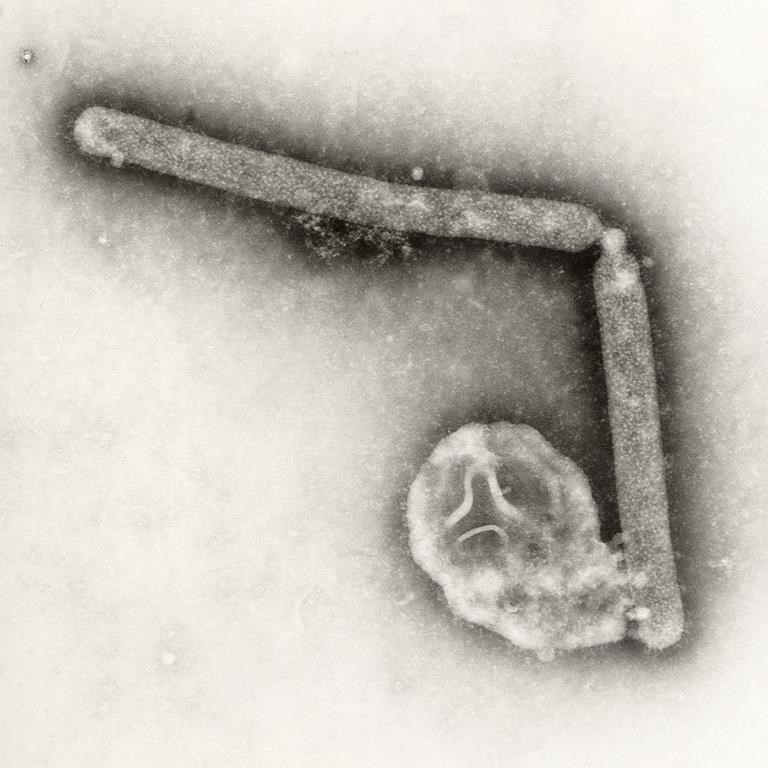Bird flu virus likely mutated within a Louisiana patient, CDC says
Advertisement
Read this article for free:
or
Already have an account? Log in here »
To continue reading, please subscribe:
Monthly Digital Subscription
$0 for the first 4 weeks*
- Enjoy unlimited reading on winnipegfreepress.com
- Read the E-Edition, our digital replica newspaper
- Access News Break, our award-winning app
- Play interactive puzzles
*No charge for 4 weeks then price increases to the regular rate of $19.00 plus GST every four weeks. Offer available to new and qualified returning subscribers only. Cancel any time.
Monthly Digital Subscription
$4.75/week*
- Enjoy unlimited reading on winnipegfreepress.com
- Read the E-Edition, our digital replica newspaper
- Access News Break, our award-winning app
- Play interactive puzzles
*Billed as $19 plus GST every four weeks. Cancel any time.
To continue reading, please subscribe:
Add Free Press access to your Brandon Sun subscription for only an additional
$1 for the first 4 weeks*
*Your next subscription payment will increase by $1.00 and you will be charged $16.99 plus GST for four weeks. After four weeks, your payment will increase to $23.99 plus GST every four weeks.
Read unlimited articles for free today:
or
Already have an account? Log in here »
Hey there, time traveller!
This article was published 27/12/2024 (343 days ago), so information in it may no longer be current.
A genetic analysis suggests the bird flu virus mutated inside a Louisiana patient who contracted the nation’s first severe case of the illness, the U.S. Centers for Disease Control and Prevention said this week.
Scientists believe the mutations may allow the virus to better bind to receptors in the upper airways of humans — something they say is concerning but not a cause for alarm.
Michael Osterholm, a University of Minnesota infectious disease researcher, likened this binding interaction to a lock and key. To enter a cell, the virus needs to have a key that turns the lock, and this finding means the virus may be changing to have a key that might work.

“Is this an indication that we may be closer to seeing a readily transmitted virus between people? No,” Osterholm said. “Right now, this is a key that sits in the lock, but it doesn’t open the door.”
The virus has been causing sporadic, mostly mild illnesses in people in the U.S., and nearly all of those infected worked on dairy or poultry farms.
The Louisiana patient was hospitalized in critical condition with severe respiratory symptoms from bird flu after coming in contact with sick and dead birds in a backyard flock. The person, who has not been identified, is older than 65 and has underlying medical problems, officials said earlier this month.
The CDC stressed there has been no known transmission of the virus from the Louisiana patient to anyone else. The agency said its findings about the mutations were “concerning,” but the risk to the general public from the outbreak “has not changed and remains low.”
Still, Osterholm said, scientists should continue to follow what’s happening with mutations carefully.
“There will be additional influenza pandemics and they could be much worse than we saw with COVID,” he said. “We know that the pandemic clock is ticking. We just don’t know what time it is.”
______
The Associated Press Health and Science Department receives support from the Howard Hughes Medical Institute’s Science and Educational Media Group. The AP is solely responsible for all content.

